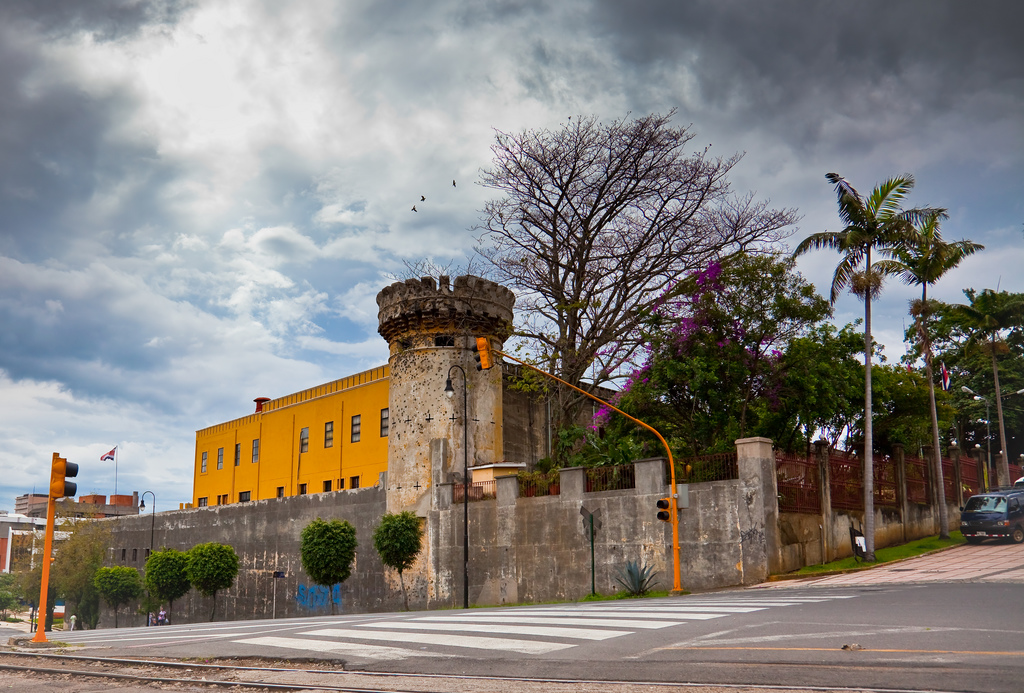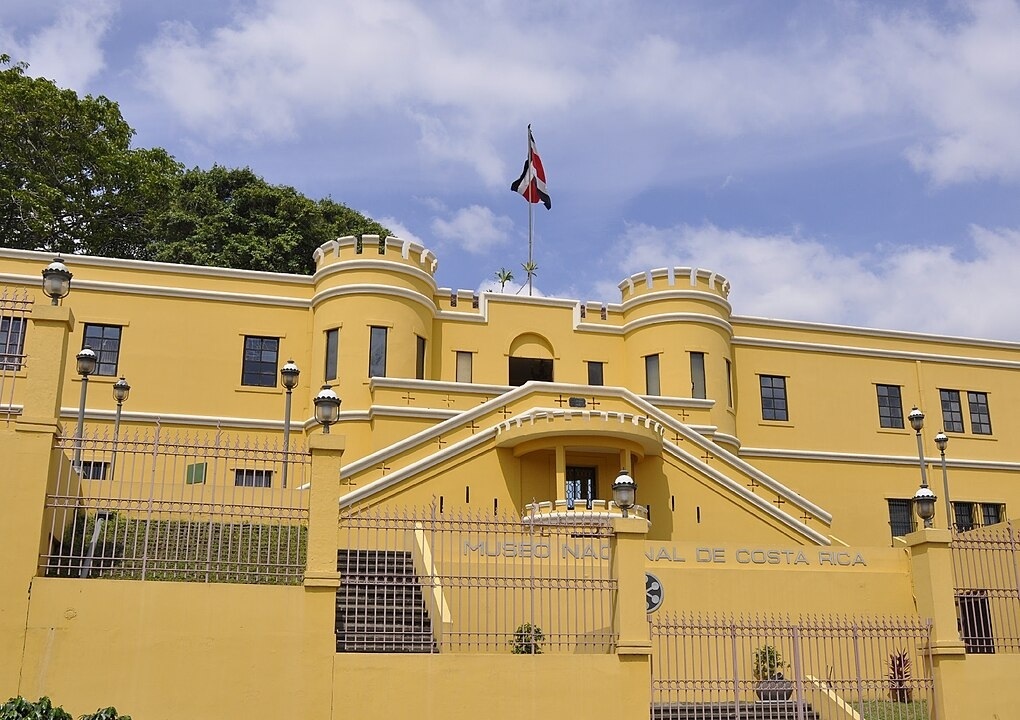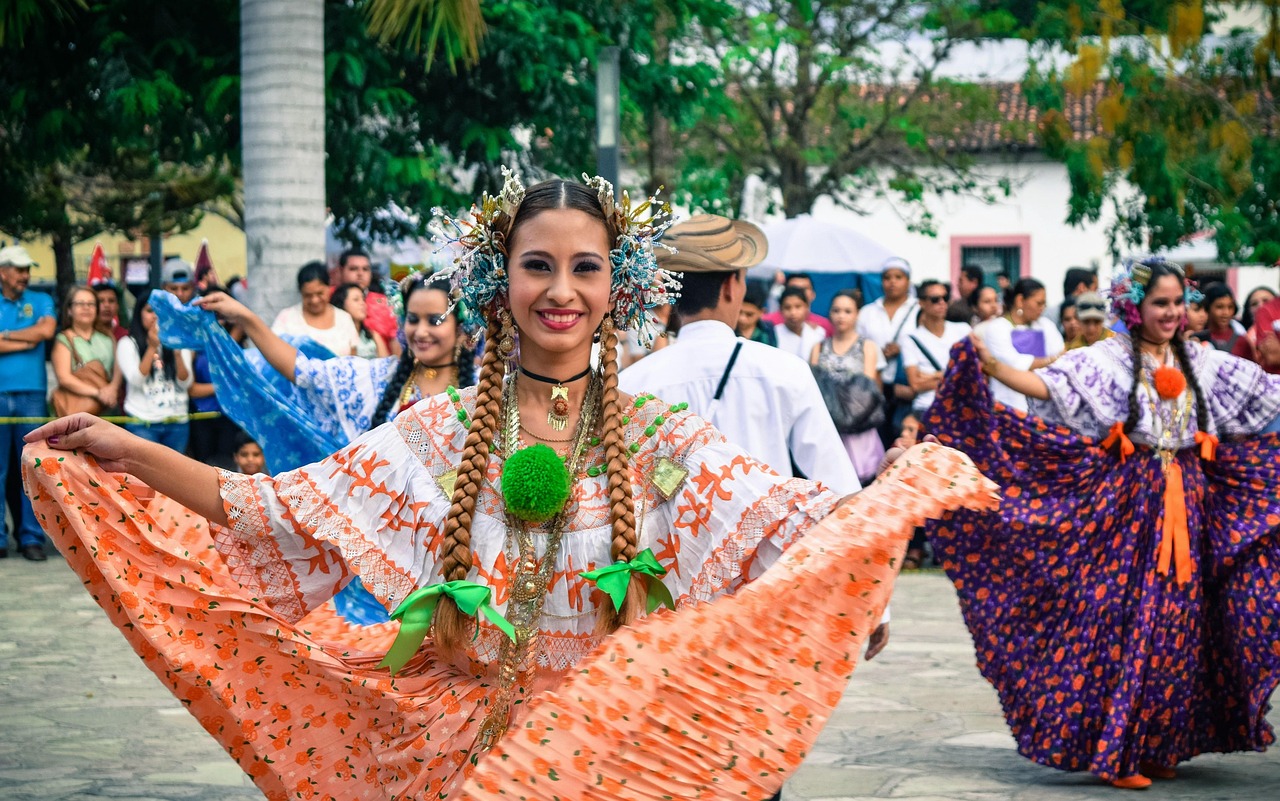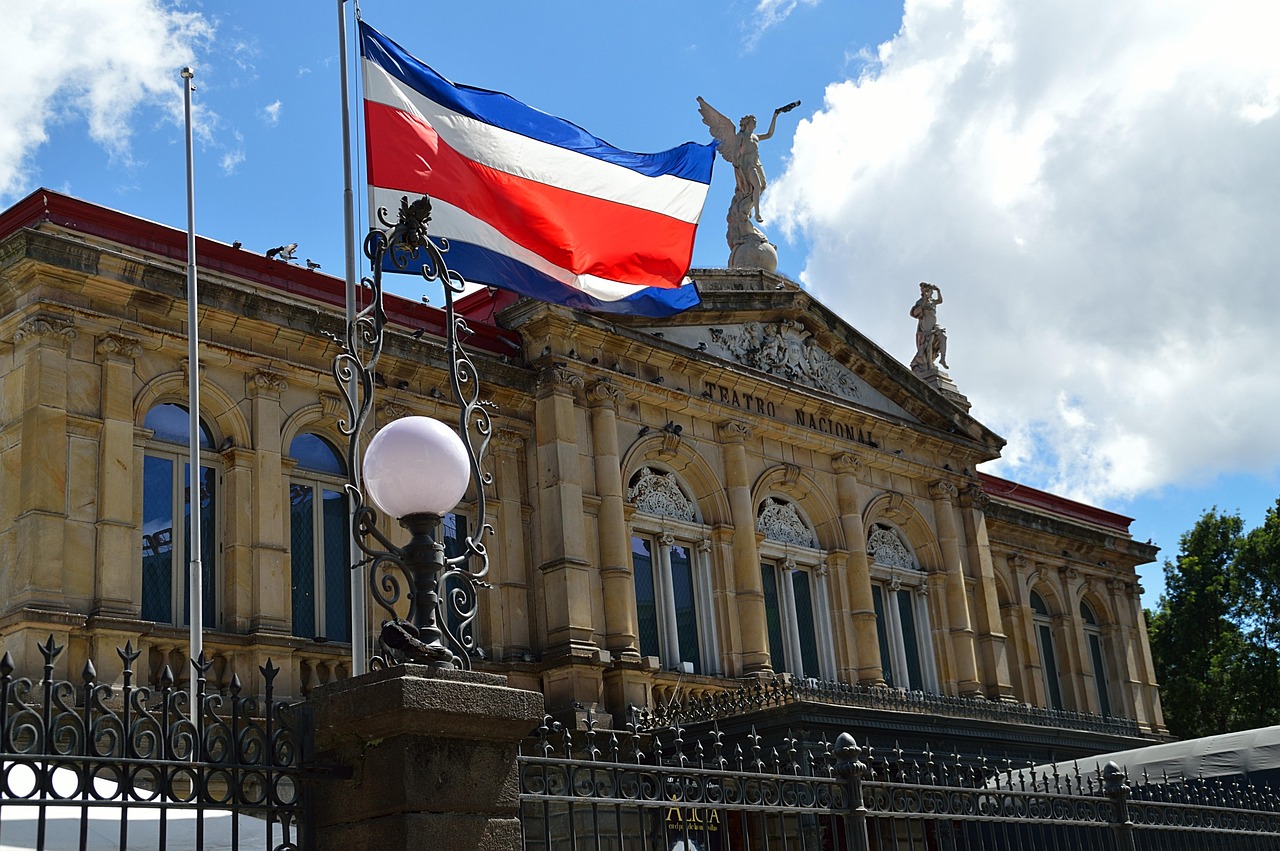Costa Rica often ranks high on lists of dream destinations for Americans looking to relocate. With its tropical climate, political stability, and reputation for peaceful living, thousands have moved there to retire, work remotely, or start a new chapter. But while many enjoy the pura vida lifestyle, not everyone stays. Over time, practical challenges and unmet expectations can outweigh the appeal. Here are eight key reasons why some Americans ultimately decide to leave Costa Rica and return home.
1. Rising Cost of Living

Though once considered a low-cost paradise, Costa Rica has become increasingly expensive, especially in popular expat areas like Escazú, Santa Ana, and the Nicoya Peninsula. Rent, groceries, and dining out have all increased over the past decade. In 2023, the Central Bank of Costa Rica reported an inflation rate of over 7 percent, the highest in more than 10 years. Imported goods carry steep taxes, driving up prices on household products and vehicles. Electricity rates are also among the highest in Latin America. For retirees or fixed-income residents, these costs can become a serious financial strain that leads them to return to the U.S. where budgets feel more manageable.
2. Safety and Crime Concerns

Costa Rica still ranks as one of the safest countries in Central America, but crime has risen in certain areas, especially those with large numbers of tourists and foreigners. According to the U.S. Department of State’s 2023 Travel Advisory, petty theft, home break-ins, and even armed robberies have increased in parts of San José, Limón, and popular beach towns like Jacó and Tamarindo. While violent crime remains relatively low compared to some neighboring countries, a lack of strong local police presence in rural areas can make expats feel vulnerable. Repeated incidents, or even just the fear of becoming a target, are major reasons why some Americans choose to leave.
3. Infrastructure and Services Frustrations

Roads, internet, and public utilities in Costa Rica vary greatly depending on location. Outside of San José and other major cities, infrastructure can be basic or unreliable. Many roads are unpaved or full of potholes, and some become impassable during the rainy season, which lasts from May to November. Internet speeds may not meet the demands of remote workers or digital nomads, especially in rural regions. Power outages and water shortages are not uncommon. These issues create daily inconveniences that, over time, can make the experience of living in Costa Rica feel more like a struggle than a vacation.
4. Healthcare and Access Challenges

Costa Rica’s healthcare system is often praised, and it consistently ranks well in global comparisons. Residents have access to both public (Caja) and private systems. However, the public system can involve long wait times for non-emergency procedures and limited availability of certain specialists. For people living far from the capital or major hospitals, reaching high-quality care can require several hours of travel. For aging expats or those with chronic conditions, this lack of access to consistent, advanced care becomes a deal-breaker. Some ultimately return to the U.S. for the comfort and speed of the medical services they are used to, despite the higher cost.
5. Bureaucracy, Rules, and Visas

Costa Rica is known for its slow and sometimes confusing bureaucracy. Residency applications can take months or even years to process. Foreigners often report delays with property titles, driver’s license conversions, and business permits. Even something as simple as registering a vehicle can involve multiple trips to government offices. Changes to immigration laws or financial requirements for residency can also catch newcomers off guard. For Americans used to faster digital systems and straightforward paperwork, the frustration builds. The stress of dealing with unclear rules or shifting regulations is one of the most common reasons expats say they leave.
6. Isolation and Cultural Adjustment

Living in a foreign country means adapting to new customs, languages, and social norms. While Costa Rica is friendly and welcoming, some expats find it hard to fully integrate. Spanish is the official language, and not speaking it well can make daily tasks like setting up services, visiting doctors, or navigating legal matters much harder. Social isolation becomes more intense in remote towns or during the rainy season when travel is limited. Over time, a sense of cultural disconnection or homesickness can grow, especially for those without strong local friendships or support systems. For many, returning home offers emotional relief and a greater sense of belonging.
7. Education and Family Needs

Families with children face tough choices in Costa Rica. While there are quality private schools, tuition can be high, sometimes exceeding $10,000 per year. Public schools may lack resources or follow a different academic structure than U.S. systems. Homeschooling is legal but requires effort and oversight. In smaller towns, school options can be very limited, forcing families to relocate to larger cities. Additionally, being far from extended family makes it harder to manage aging parents or family emergencies back home. These pressures often lead American families to move back where they feel their children’s educational and emotional needs are better supported.
8. Economic Opportunity and Job Limitations

Costa Rica is not an easy place to find a job as a foreigner. Work permits are rarely granted unless a company proves that no local person can fill the role. Many Americans rely on remote work, pensions, or self-employment. However, starting a business in Costa Rica involves complex legal steps and unexpected taxes. Additionally, some find that remote work becomes harder due to unreliable internet or time zone challenges. Over time, limited career growth or income instability becomes a major factor in deciding to leave. Returning to the U.S. often feels like a necessary step for better professional or financial opportunities.


